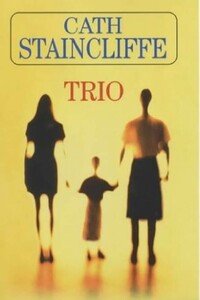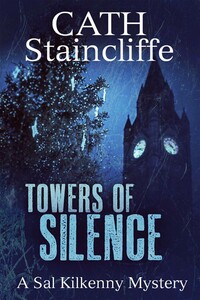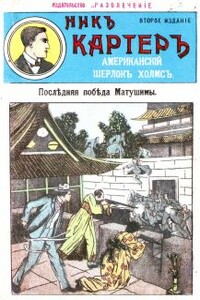In the little side room they sat down. Dr Liu had Luke’s notes, a huge folder of charts and reports and records that had accumulated in the three weeks since he’d been admitted.
‘How are you?’ Dr Liu asked.
‘Okay,’ said Louise.
‘I wanted to have a little chat with you. I’ve been reviewing Luke’s condition and assessing his treatment plan.’
Louise tensed; she could sense something coming, something bad.
‘We’ve talked before about the Glasgow Coma Scale and Luke’s score.’
Louise nodded; knew that it rated his responses or lack of them to a range of stimuli. Knew Luke’s score was low.
Unbidden, she remembered his baby book, how the midwives, then the health visitors, had marked his weight and height on the charts, ensuring that he was thriving. Recalled her anxiety, as a young mother, that they might find fault, that he’d fall below the desired percentile line.
‘We’ve repeated the tests today,’ the doctor said, ‘and got the same results. I must stress that every patient is different and that we still know very, very little about the working of the brain and its capacity for healing.’
But… Louise could hear the word looming large.
‘But,’ said Dr Liu, ‘we’ve not seen any alteration in Luke’s condition. And although there are no hard and fast rules, the likelihood that there will be any recovery reduces sharply after the first few days. It’s been three weeks now.’
Louise hardened herself, stony, impermeable, unwilling to absorb any of this. She sat still and stiff, neither nodding or smiling.
‘Luke is therefore facing the prospect of continuing in the same state for the foreseeable future.’ The doctor paused.
Louise remained unbending.
‘You understand?’
Louise gave the smallest of nods; she could feel the pulse in her temple, the beat and swish of blood in her head. An acidic taste in her mouth.
‘In the longer term, because he is unable to make decisions about his treatment, that will fall to you. I’m talking about very difficult decisions about his quality of life, about whether to maintain life support in the form of food and drink.’
Louise ground her teeth together. She could not think about that. How dare the woman sit here and say those things? She stared down at her hands, at the skin around her nails, red and angry, her nails dull and scratched.
‘But those are decisions for the future. In the shorter term, we need to consider where Luke can best be cared for. Given that there is no medical imperative to keep him in the hospital-’
‘You’re giving up on him.’ Her head was swimming. Everything crooked.
‘Not at all. But everything we are doing for Luke here can be done equally well in a residential care facility.’
Louise thought of some of the homes she’d worked in, those residents able to leave their rooms plonked in chairs in front of the television, the wanderers drugged up and befuddled, the smell of urine.
The doctor went on, ‘What we are proposing to do is to refer Luke on, with a view to moving him in the next couple of months.’
Louise stared at her.
‘I want to assure you that if there was anything else I could suggest in terms of other treatment options for Luke I’d explore it, but we may have to accept that the trauma was so severe that recovery, even on the most basic level, is not a realistic prognosis. I am sorry. Is there anything you’d like to ask, anything you don’t understand?’
Why Luke? Why? Shrieking inside her mind. A lament. Louise shook her head once, biting her cheek. She did not speak. She went back to sit with her son.
Andrew
They drove to Durham on the Saturday to collect Jason’s things. Term hadn’t started. Andrew borrowed Colin’s estate car, which had more space in the back than theirs.
The drive up took longer than they’d expected. Heavy rain had caused flooding on some sections of the M1, then they got caught up in a tailback where a lorry had shed its load of pallets. He suggested they leave the motorway at the next exit, but Val argued it would take even longer using the back roads.
He loved the look of Durham as they approached, the Norman cathedral and the castle dominating the skyline, the whole place compact and dripping with history. At street level there was a malevolent one-way system and an acute shortage of parking places in the narrow lanes. The place had been built for people and horses, not vehicles.






